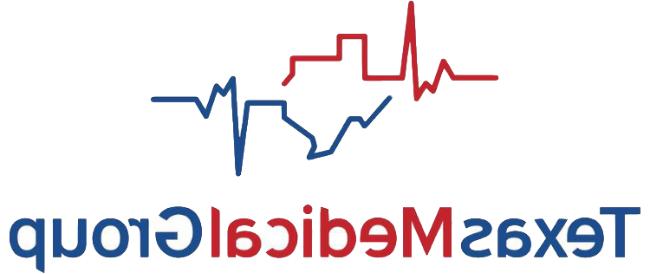Mental Health Minute - March 2024
Recognizing the Symptoms of ADHD in Adults
New research by the U.S. Food and Drug Administration shows that prescriptions for drugs used to treat attention-deficit/hyperactivity disorder (ADHD) surged during the COVID-19 pandemic, particularly among women and patients ages 20-39. Researchers noted that the reasons for the increase are not obvious but could include pandemic-related stress, recognition of undiagnosed cases, over-prescription and online marketing of medications. Social media may have also enabled more people to recognize that they had untreated symptoms of ADHD and receive professional help
ADHD is often thought of as a condition present during childhood, but it can impact adults, too; the condition manifests differently than in kids. Additionally, symptoms of ADHD can become more severe as the demands of adulthood increase. Inattention and distractibility are hallmark traits of ADHD, but adults specifically may experience the following symptoms:
- Inability to focus on one task for an extended period
- Inability to start or follow through on projects that require planning
- Difficulty with time management or organization
- Excessive daydreaming
- Interrupting others
- Inability to pay attention during conversation
- Difficulty managing finances or spending
Symptoms of ADHD can cause difficulty at work or home or with relationships. Also, keep in mind that these symptoms can vary. Just like other mental health conditions, ADHD is not permanent and can show up in different ways throughout one’s lifecycle.
When left untreated, ADHD symptoms can be disruptive and potentially lead to depression, anxiety and substance misuse challenges. If you are experiencing symptoms of ADHD, it’s imperative to receive a professional diagnosis, so reach out to a doctor to discuss symptoms and treatment.
Food and Your Mood
As research reveals more about the mind-body connection, it becomes evident that food plays a pivotal role in influencing mood and overall mental well-being. A healthy, well-balanced diet can help individuals think clearly and be more alert. It can also improve concentration and attention span. The link between diet and emotions comes from the close relationship between the brain and the gastrointestinal tract, often called the “second brain.”
The brain relies on a delicate balance of neurotransmitters, chemicals that transmit signals between nerve cells, to regulate mood and emotions. Certain nutrients from the foods you consume play a crucial role in the synthesis and function of these neurotransmitters.
Eating Well for Mental Health
An American Psychiatric Association survey revealed that 4 in 5 adults would be willing to change their diet in a way that positively impacts mental health. Certain foods may improve overall brain health and certain types of mood disorders. Consider incorporating the following foods into your day-to-day diet:
- Foods with omega-3 fatty acids (e.g., salmon, flaxseeds, chia seeds, walnuts and avocado)
- Fermented foods (e.g., kimchi, miso, tempeh, kombucha, kefir and yogurt)
- Magnesium-rich foods (e.g., cacao nibs, almonds, cashews, dark leafy greens and bananas)
- Berries (e.g., raspberries and blueberries)
- Spices (e.g., saffron, turmeric and ginger)
By making mindful choices and incorporating nutrient-rich foods into your diet, you can positively influence the delicate balance of neurotransmitters in your brain. While no single food can guarantee happiness, adopting a balanced and varied diet can contribute to an overall positive impact on your mood and mental and emotional health.
March is National Nutrition Month, making it a great time to assess your diet and ensure you’re serving your body—and mind—well.
This article is intended for informational purposes only and is not intended to be exhaustive, nor should any discussion or opinions be construed as professional advice. © 2024 Zywave, Inc. All rights reserved.


Discussion
There are no comments yet.